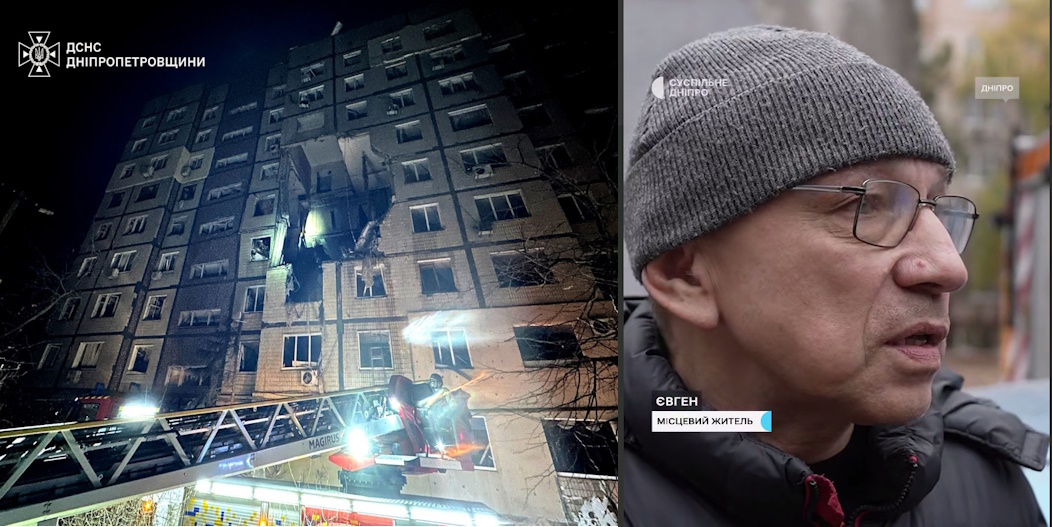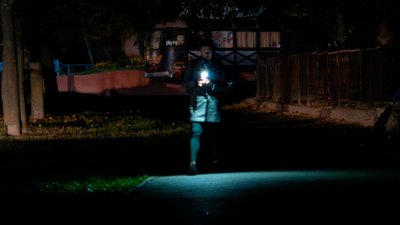Ukraine’s blackouts were avoidable. Energoatom corruption and political vendetta made them inevitable.

An escalating corruption scandal at Ukraine's state nuclear operator Energoatom and the ongoing prosecution of former Ukrenergo chief Volodymyr Kudrytskyi are converging into a crisis that threatens Ukraine's ability to weather Russian attacks on its grid.
With Kyiv residents now enduring blackouts lasting 12 to 16 hours, the political turmoil has exposed gaping holes in protection for key energy sites—failures that current and former officials attribute to corruption and political interference, rather than Russian firepower alone.
The political crisis triggered a cascade: Western donors withdrew, protective construction stalled at critical energy facilities, and Ukraine's most vulnerable infrastructure faced Russian strikes without proper defenses.
Why this matters

The combined effect of corruption and political persecution deepened Ukraine's energy crisis by shutting down the main channel of Western financial support. International aid through Ukrenergo dropped to just 5-10% of previous levels after Kudrytskyi's September 2024 dismissal—from €1.5 billion over 18 months to a trickle.
Meanwhile, zero protective shelters were built for transformers at Energoatom, thermal power plants, and regional energy companies until autumn 2024, despite Ukrenergo completing approximately 60 such structures at its own facilities by September.
Oleksandr Kharchenko, director of the Energy Industry Research Center, told Suspilne that this loss of international backing is directly responsible for the severity of current blackouts—a consequence of institutional breakdown rather than Russian missiles alone.
When protection worked—and when it didn't

The protection systems built at Ukrenergo, Ukraine's national electricity transmission system operator, and Energoatom, Ukraine’s nuclear operator, tell a tale of two radically different management systems.
Under Kudrytskyi's leadership, Ukrenergo partnered with the government's Agency for Restoration and Development of Infrastructure to construct approximately 60 anti-drone shelters for critical transformers by September 2024. These massive concrete structures—up to 25 meters tall—were designed specifically to withstand mass Iranian Shahed drone strikes.
The effectiveness proved remarkable. According to the Verkhovna Rada's temporary investigative commission cited by Kharchenko, out of 74 protected objects built by Ukrenergo and the Agency, only one autotransformer was destroyed by a direct hit from a heavy missile. The rest survived repeated attacks.
Kudrytskyi explained to Espreso that Ukrenergo secured several billion euros in aid—significantly more than Ukraine's entire Energy Ministry obtained. Western partners trusted the company's management and saw results. Between 2020 and 2024, Ukrenergo attracted $1.5 billion in grants and loans, becoming the second-largest recipient of international aid in Ukraine after the state itself.
But outside Ukrenergo's network, the picture was bleak. At the time of Kudrytskyi's dismissal in September 2024, zero protective shelters had been built for transformers at non-Ukrenergo sites—including Energoatom facilities, thermal power plants, and regional energy companies, according to Kudrytskyi in his interview with the BBC.
Kharchenko confirmed that Energoatom didn't even begin tendering for protective construction until late summer or early autumn 2024. The unprotected Energoatom substations and open switchgears became priority targets, he explained, and current blackouts stem directly from this failure to protect key generation facilities.
The delayed protection had a simple reason, Kharchenko suggested: some officials questioned whether such expensive fortifications were necessary at all.
The $100 million corruption scheme
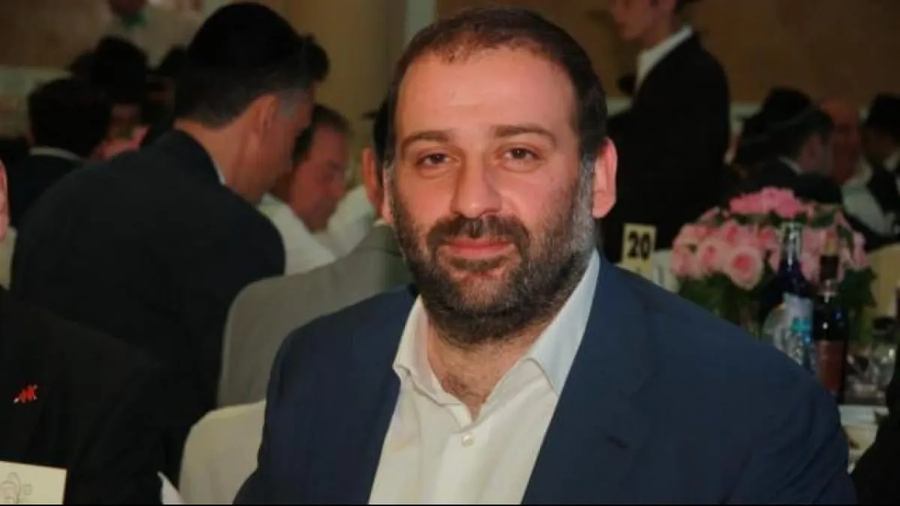
On 10 November 2025, Ukraine's National Anti-Corruption Bureau unveiled Operation Midas—a 15-month investigation documenting systematic corruption at Energoatom. Over 1,000 hours of surveillance recordings captured contractors openly discussing "Shlagbaum" (bar gate)—slang for the 10-15% kickbacks demanded from anyone wanting to work with the nuclear operator.
The scheme operated from a Kyiv office tied to Andrii Derkach, a former Ukrainian MP whom the US Treasury sanctioned in 2020 as "an active Russian agent" for election interference, and who now serves as a Russian senator.
Investigators identified businessman Tymur Mindich—President Volodymyr Zelenskyy's former comedy studio partner—as "Carlson," coordinating the money-laundering network.
Justice Minister Herman Halushchenko, who previously served as Energy Minister, appeared in recordings under the codename "Professor."
Mindich crossed Ukraine's border at 02:09 on 10 November—hours before NABU detectives arrived at his residence, raising immediate questions about information leaks. He's now believed to be hiding in Israel or Austria.
When asked about the $100 million NABU alleges was stolen through the Energoatom kickback scheme, Kharchenko was skeptical: "100 million—this is, well, maybe, 10%." The implication: the full corruption scale could reach $1 billion.
Political prosecution and collapsing Western trust

Between 2020 and 2024, Ukrenergo chief Kudrytskyi secured $1.5 billion for Ukrenergo from Western partners—triple what Ukraine’s entire Energy Ministry obtained. He ensured shelters were built from donor funds: "We didn't spend a single budget kopeck on those shelters that Ukrenergo built," he told Espreso.
He was dismissed in September 2024—and the money flow stopped. Western partners noticed: Two Western board members—Daniel Dobbeni and Peder Andreasen—quit Ukrenergo, calling the firing "politically motivated."
The dismissal triggered a financial crisis. While talking to Suspilne, Kharchenko explained that Ukrenergo failed to restructure its Eurobonds in coordination with Ukraine's sovereign debt restructuring, pushing the company into technical default. International lenders won't provide new credits to an entity in default, and grant-makers grew cautious.
This funding flow, built around trust for Kudrytskyi, collapsed. "When Kudrytskyi was dismissed, the main channel of Western support through Ukrenergo was effectively closed," Kharchenko explained. "We lost international support for Ukrainian energy. We've lost at least 80% of what we could have received."
The aid flow plummeted from €1.5 billion over 18 months to just 5-10% of previous capacity. Naftogaz now maintains Western trust with quality corporate governance, but can only support gas infrastructure—not the devastated electricity sector.
Kudrytskyi now faces fraud charges stemming from a 2018 fence reconstruction project. The case centers on bank guarantees that Ukrenergo properly collected when a contractor failed to complete work—a standard commercial transaction where the state suffered no losses.
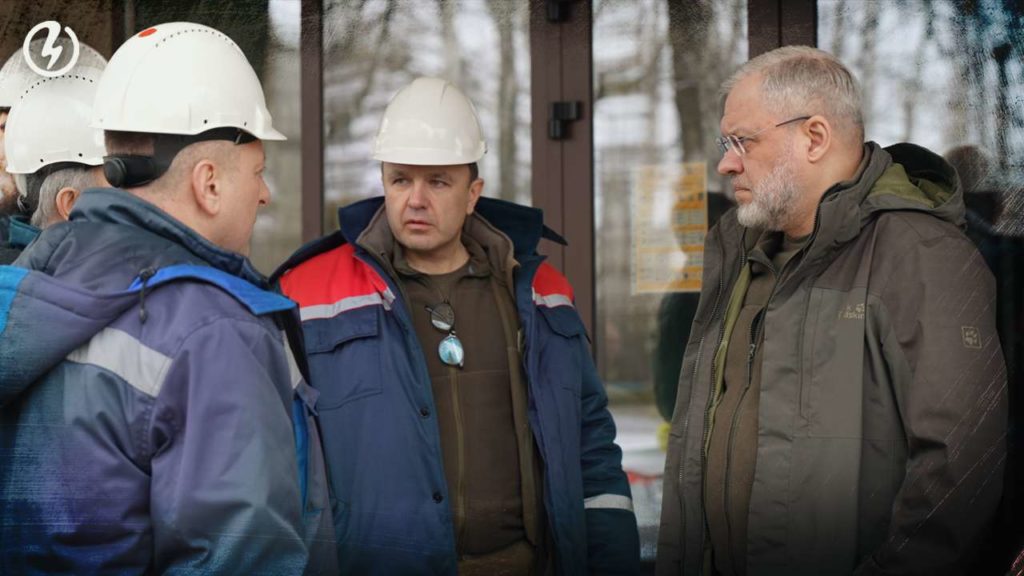
The charges materialized 14 months after his dismissal, following his public criticism of infrastructure protection failures by Energy Minister Herman Halushchenko—who was exposed in the Mindich tapes under the code name "Professor" within the criminal organization, according to information from the NABU investigation and reports from lawmakers.
For international donors—whether financial institutions or government aid agencies—trust and reputation of recipients matter fundamentally.
"When these donors see corruption scandals, or political interference in corporate governance, or political cases not backed by facts and made in half a day, this creates additional obstacles," Kudrytskyi told Espreso. "We don't have time to heroically overcome obstacles we create for ourselves."
Information monopoly and presidential isolation
Kudrytskyi has been accused of failing to ensure energy security, despite having left his position 14 months earlier. The disconnect puzzled observers.
Kharchenko offered an explanation. He sees that people in Zelenskyy's circle are exclusively friendly to Halushchenko—the former Energy Minister now serving as Justice Minister. "Herman Valeriyovych knows how to communicate with people—I assure you, in person he's very pleasant, charismatic, professional, and convincing," Kharchenko said. Most people surrounding the president evidently receive information through one channel.
"I don't see the president, in the energy sphere, inviting people who broadcast any alternative thoughts and assessments, and listening to what's wrong," Kharchenko told Novyi Vidlik.
The monopolized information flow means alternative assessments of infrastructure failures and protection gaps never reach decision-makers. "When you have energy being attacked and negative things happening, and people around you point fingers at each other or say everything's fine, but it's evidently not fine—a manager in such a situation would invite an alternative viewpoint," Kharchenko said. "I don't observe this situation."
Ukraine energy crisis winter forecast: Attack, collapse, recover, repeat

Kharchenko predicted a predictable winter pattern: major Russian attack, followed by three to four days of severe disruption with 12-16-hour blackouts, then a gradual recovery until the next strike.
Three cities face the worst schedules: Kyiv, Odesa, and Kharkiv—massive consumption centers with insufficient internal generation. Kyiv and Odesa each face roughly one gigawatt power deficits. These cities will consistently endure the longest outages.
"I'm not an adherent of winter armageddon," Kudrytskyi told Espreso. "I don't think the energy system will collapse or there will be catastrophic consequences. We'll still survive the next winter. But of course, the question is the duration of outages and the degree of damage Russians can achieve to our facilities."
The strategic solution, both Kudrytskyi and Kharchenko emphasized, is accelerating distributed generation: replacing 15-20 large Soviet-era power plants vulnerable to missile strikes with hundreds of small gas, solar, and battery storage facilities scattered across Ukraine. Such a network would be exponentially harder for Russia to destroy and provide crucial regional resilience.
But distributed generation requires coordination, funding, and institutional trust—precisely what corruption and political persecution have destroyed.
The institutional breakdown
The failure wasn't technical or financial. In summer 2023, authorities identified several hundred critical infrastructure objects requiring protection—not just Ukrenergo substations, but power plants, gas infrastructure, and other essential facilities.
From summer 2023, Ukrenergo and the restoration agency built protection for Ukrenergo substations. But what happened at other facilities?
In his Espreso interview, Kudrytskyi posed the critical questions:
- Why didn't the Energy Ministry coordinate protection for all other objects at the same time Ukrenergo was building shelters?
- Why didn't it determine budget sources for such protection?
- And if there were no budget funds, why didn't it approach donors who were ready to help Ukrainian energy?
The answer emerged in November 2025 surveillance recordings: some officials were too busy organizing kickback schemes to focus on infrastructure protection.
Anti-corruption lawyer Daria Kaleniuk wrote that persecution of government critics through fabricated criminal cases had become a trend. Western board members Daniel Dobbeni and Peder Andreasen quit Ukrenergo in September 2024, calling Kudrytskyi's dismissal "politically motivated."
Now Ukrainians endure 12-16 hour blackouts at the heart of this energy crisis—not because Russia attacks, though it does, but because institutions failed to build protection systems, maintain donor trust, or prioritize infrastructure over personal enrichment.
"Any effective action against corruption is very much needed," Zelenskyy said after the NABU raids. But the damage was done. The coordination failure between protection, prosecution, and politics left Ukraine's grid more vulnerable than Russian missiles alone could have achieved.
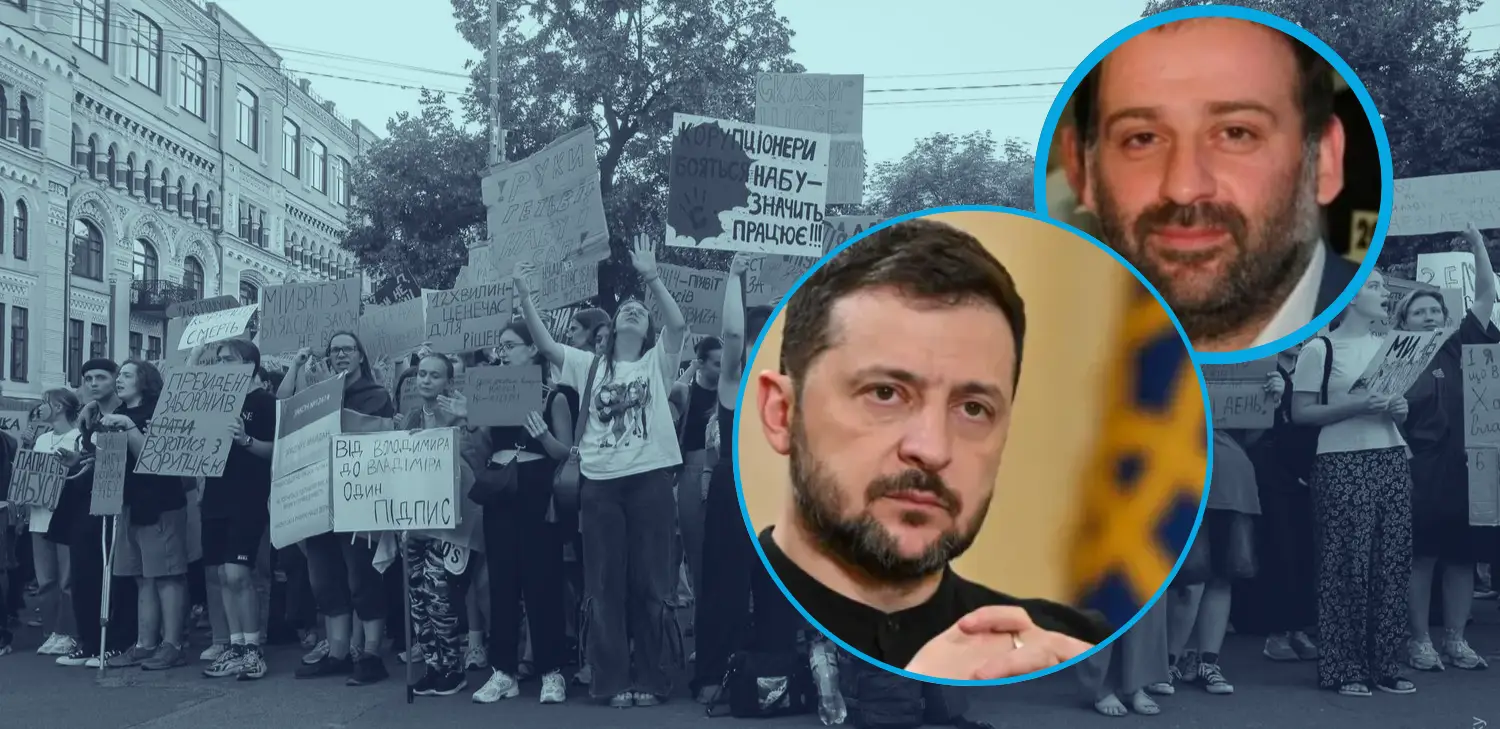


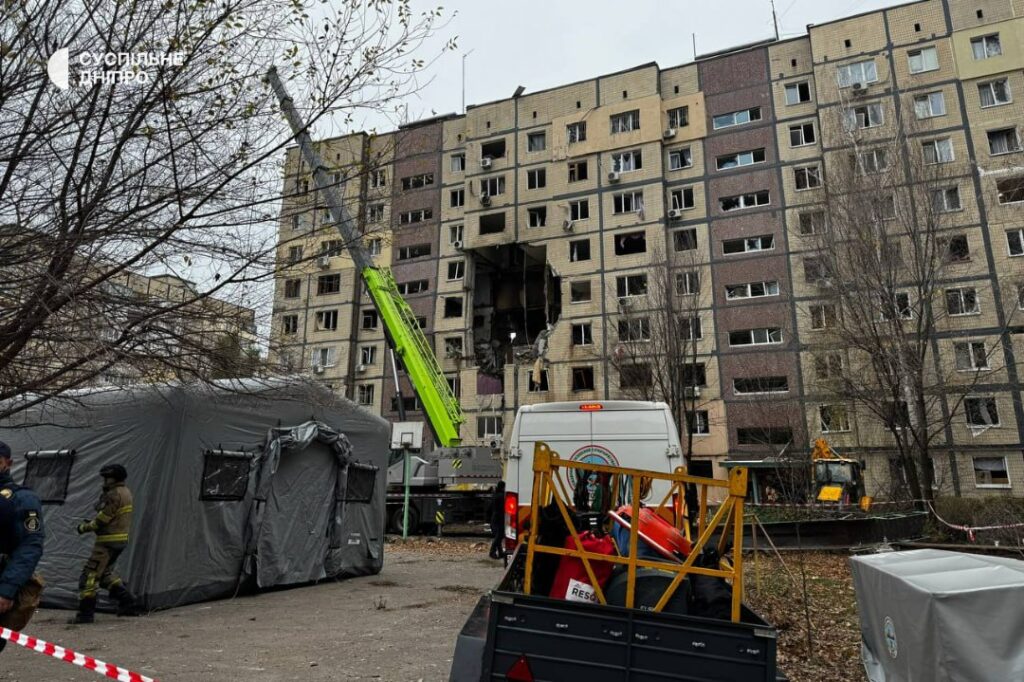
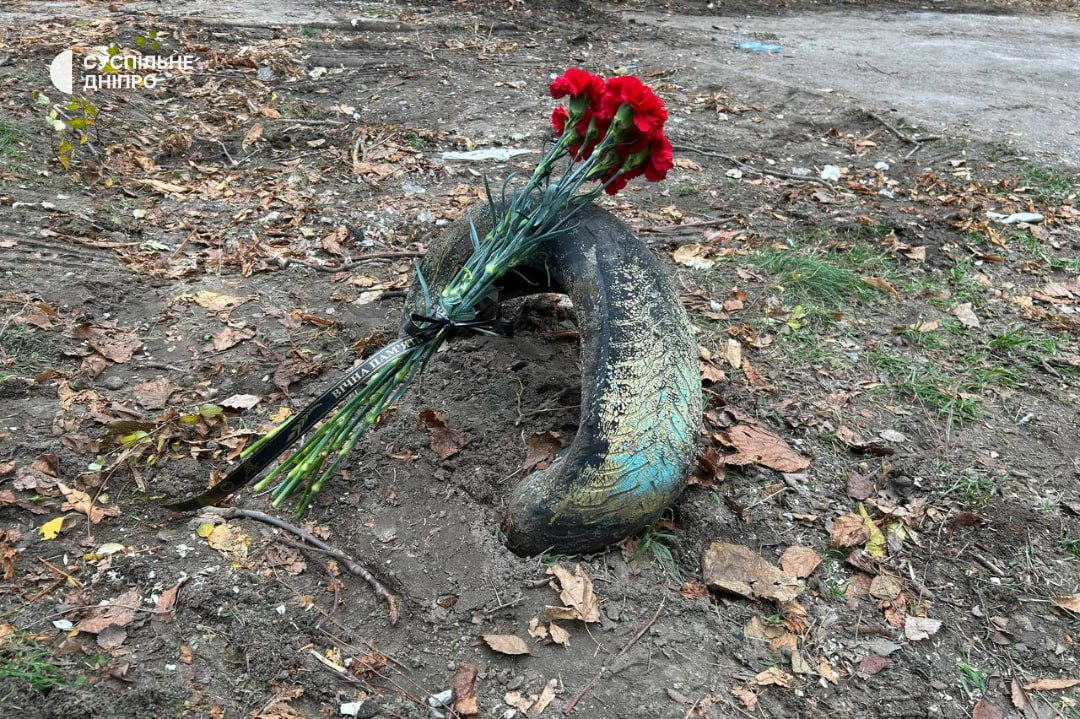
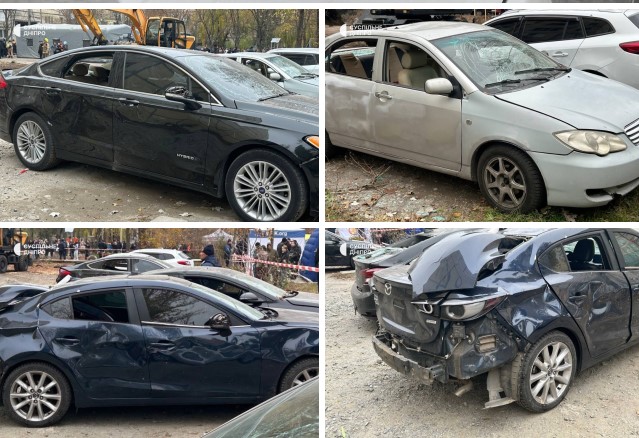
 Suspilne Dnipro
Suspilne Dnipro 